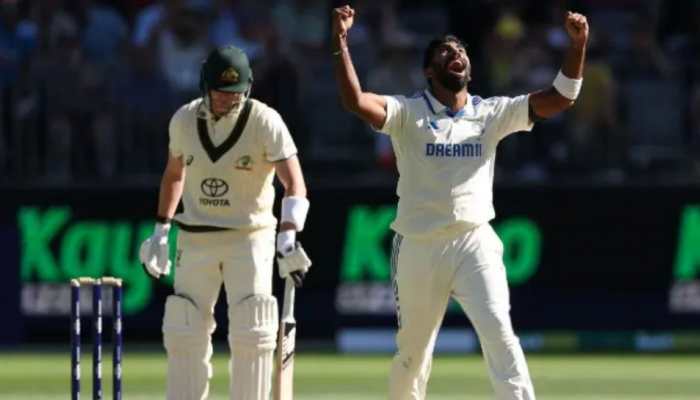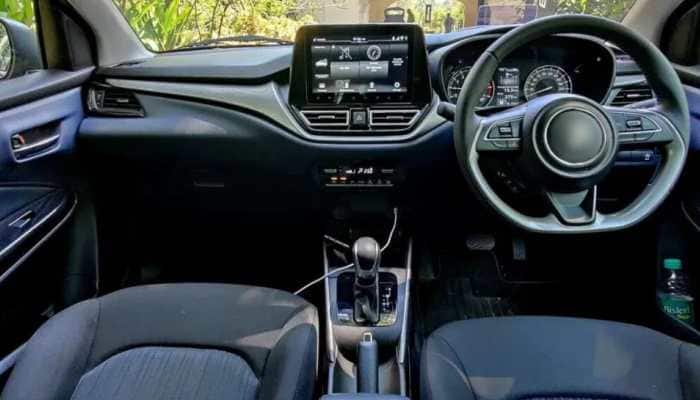One week since Easter explosions, Sri Lanka deals with trauma and terror
One of the worst attacks in Sri Lanka's history has prompted one of the most stringent security counter measures in the island nation in the week after.
Trending Photos
)
It was a festive Sunday on the morning of April 21 with Sri Lanka's Christian community celebrating Easter in churches around the country. It ended as being one of the deadliest days in the island nation's history after a series of explosions ripped through the capital city of Colombo and other areas, leaving over 253 dead.
Sri Lanka will take time to heal from the horrendous explosions which took place in churches and luxury hotels exactly a week ago in what rattled the peace that the country had enjoyed since the end of the ethnic violence here. A total of eight explosions took place through the day which left hundreds wounded and an entire world in absolute shock.
The explosions primarily targeted a number of churches in Colombo and its suburbs on the occasion of Easter. Sri Lanka only has a six per cent Catholic population and thousands had come out to celebrate on a sunny Sunday which would soon be covered by the proverbial dark clouds. Broken chairs, shattered windows and bloodied carpets were all that was left in the churches that were targeted. Explosions in three churches were followed by blasts in the Shangri La Hotel, Cinnamon Grand and Kingsbury Hotel, followed by two more explosions in the Colombo suburbs by afternoon. The injured were rushed to hospitals for medical aid while the military was pressed into action for both rescue and relief, and to maintain order.
A national curfew was put into place, most social media websites blocked and the international airport in Colombo put under layers and layers of security.
While the country's government admitted it had reports that a possible attack could take place, it had been unable to act on the inputs.
In the week since, the country and its security agencies have worked overtime to hit back on those involved in the dastardly attacks.
The Islamic State claimed responsibility for the attacks - even releasing photos of the suicide bombers - on Tuesday after a Sri Lankan minister said that the explosions could have been carried out in retaliation to the shooting inside a mosque in Christchurch in New Zealand.
As many as 23 persons were arrested on suspicion of having links to the blasts in the first few days even as Sri Lankan authorities tried to ensure that communal tensions did not flare up. The world showed its support with the Burj Khalifa in Dubai lit up in colours of Sri Lanka's national flag while the Eiffel Tower going dark to pay tribute to the victims. India too expressed its sympathies and also, reportedly, increased patrolling in the Palk Strait to ensure that the accused were unable to escape from Sri Lanka and into India.
Through the course of the week, Sri Lanka has continued to take affirmative action against those suspected to have aided the suicide bombers in any way. On Friday, police and a Special Task Force (STF) launched an operation which left four gunmen dead. The country, on Saturday, banned terror groups NTJ and JMI who are believed to have been behind the explosions.
For now, there is an uneasy calm in the country even as security measures remain watertight. A number of countries have also issued advisories against travel to Sri Lanka under the prevailing conditions.
Stay informed on all the latest news, real-time breaking news updates, and follow all the important headlines in india news and world News on Zee News.
Live Tv







)
)
)
)
)
)
)
)
)
)
